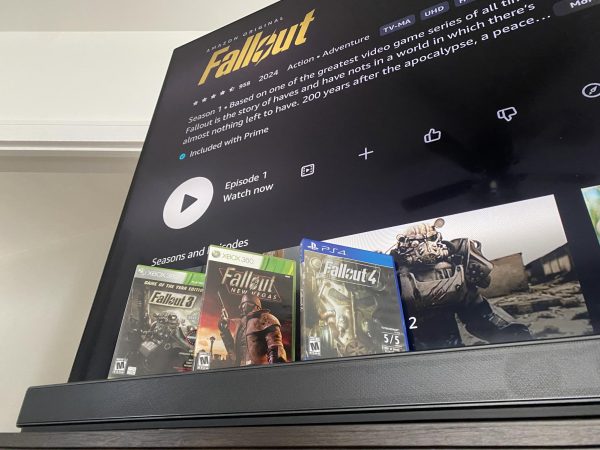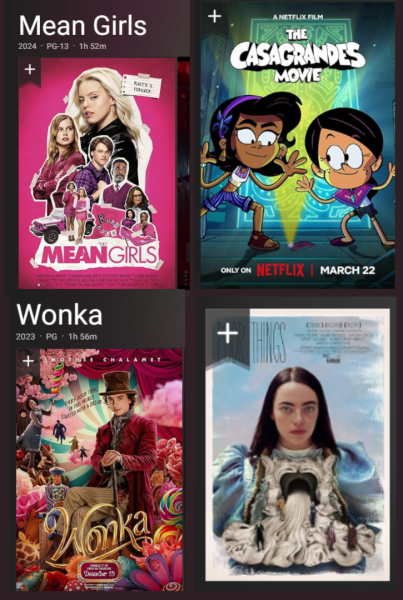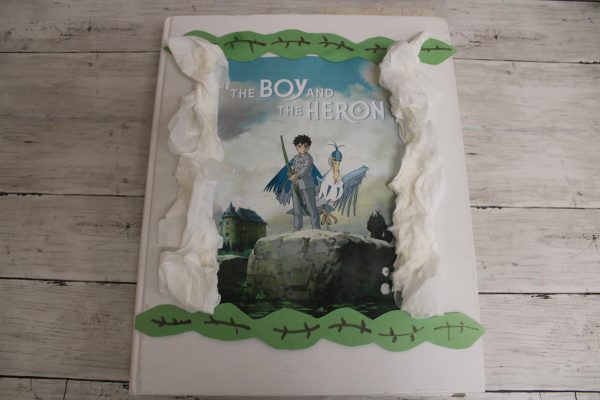Fruitvale Station – More than a martyr
Junior Eli Badillo watches Fruitvale Station in shock and frustration.
April 27, 2023
Ryan Coogler is one of the great modern transporters of cinema.
Whether it’s the harsh and unforgiving world of professional boxing that we see in Creed (2015) or if it’s magnificent and proposing world of the kingdom of Wakanda in Black Panther (2018), whatever film Coogler makes he manages to transport the audience to a new world.
Coogler has done a masterful job by enthralling the audience in his characters’ lives, but none of his works can compare to Fruitvale Station (2013).
In this film, we don’t follow a soon-to-be successful boxer that experiences the highs and lows of the sport or a gracious king who happens to be a superhero.
In “Fruitvale Station,” we experience the final hours of a man who is about to face injustice. That man is 22-year-old Oscar Grant III.
With the majority of film audiences not being able to relate to this world, Coogler can indulge the audience into the shoes of this regular day guy who ended being another casualty of a long cycle of babarctic bigotry, something that the majority of the audience hasn’t endure or experience.
Coogler can give the audience a taste of being in a dispiriting situation.
Coogler’s main goal is not just to convey Grant’s unfair and untimely demise but convey a day in the life of Oscar Grant. To show that Grant was more than a face in news headlines.
Coogler masterfully directs Michael B. Jordan (Black Panther, Creed), who plays Oscar Grant III, as he lives his final day on earth. Coogler displays Grant’s problems of financial struggle, relationships, and the trials and tribulations of fatherhood, and mostly displays Grant as a loving and caring father for his daughter.
Coogler also displayed Grant as a flawed individual. Throughout the picture, Grant shows signs of irresponsibility, immaturity, and temperament.
Coogler displays Grant’s imperfections on purpose. By showing the audience Grant’s flaws, he becomes relatable and accessible to the audience. In an age where Grant and people who had suffered the same predicament can just become a face on the news, a face on posterboard or a shirt, Coogler made the audience see the person.
By displaying Grant’s flaws we get a sense that Grant was just like us. Grant had a job, problems, loving friends and family, and a daughter that he loved dearly. Coogler did not try to say anything profound; just something simple. Oscar Grant’s life mattered, not just to him, but to the people he was surrounded with.
Oscar Grant III was not and should not be a martyr; Oscar Grant III was a human being.


